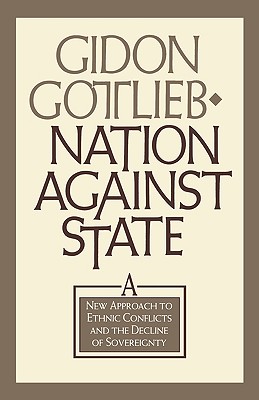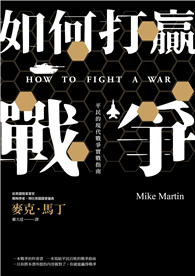A work entitled Nation Against State could be expected to address religion, culture, language, and the roots of nationalism. I wish to advise the reader that this book turns in a different direction; it develops instead innovative approaches for contending with brutal conflicts waged in the name of nationhood. The prevailing doctrines of statecraft currently invoked in efforts to check these conflicts evolved in an age when the scourge of war arose between states rather than within them. The basic conflicts that now threaten international peace have little in common with those that arose during the heyday of fascism and communism, when the nation-state reigned supreme. The dominant norms of international law and diplomacy are ill adapted to coping with the kind of strife that has erupted in Yugoslavia and in the Caucasus and that could become common elsewhere in Eurasia.
| FindBook |
有 1 項符合
Nation Against State: A New Approach to Ethnic Conflicts and the Decline of Sovereignty的圖書 |
 |
Nation Against State: A New Approach to Ethnic Conflicts and the Decline of Sovereignty 作者:Gottlieb 出版社:Council on Foreign Relations Press 出版日期:1993-01-01 語言:英文 規格:平裝 / 164頁 / 21.6 x 14 x 1 cm / 普通級/ 初版 |
| 圖書館借閱 |
| 國家圖書館 | 全國圖書書目資訊網 | 國立公共資訊圖書館 | 電子書服務平台 | MetaCat 跨館整合查詢 |
| 臺北市立圖書館 | 新北市立圖書館 | 基隆市公共圖書館 | 桃園市立圖書館 | 新竹縣公共圖書館 |
| 苗栗縣立圖書館 | 臺中市立圖書館 | 彰化縣公共圖書館 | 南投縣文化局 | 雲林縣公共圖書館 |
| 嘉義縣圖書館 | 臺南市立圖書館 | 高雄市立圖書館 | 屏東縣公共圖書館 | 宜蘭縣公共圖書館 |
| 花蓮縣文化局 | 臺東縣文化處 |
|
|
圖書介紹 - 資料來源:博客來 評分:
圖書名稱:Nation Against State: A New Approach to Ethnic Conflicts and the Decline of Sovereignty
|











